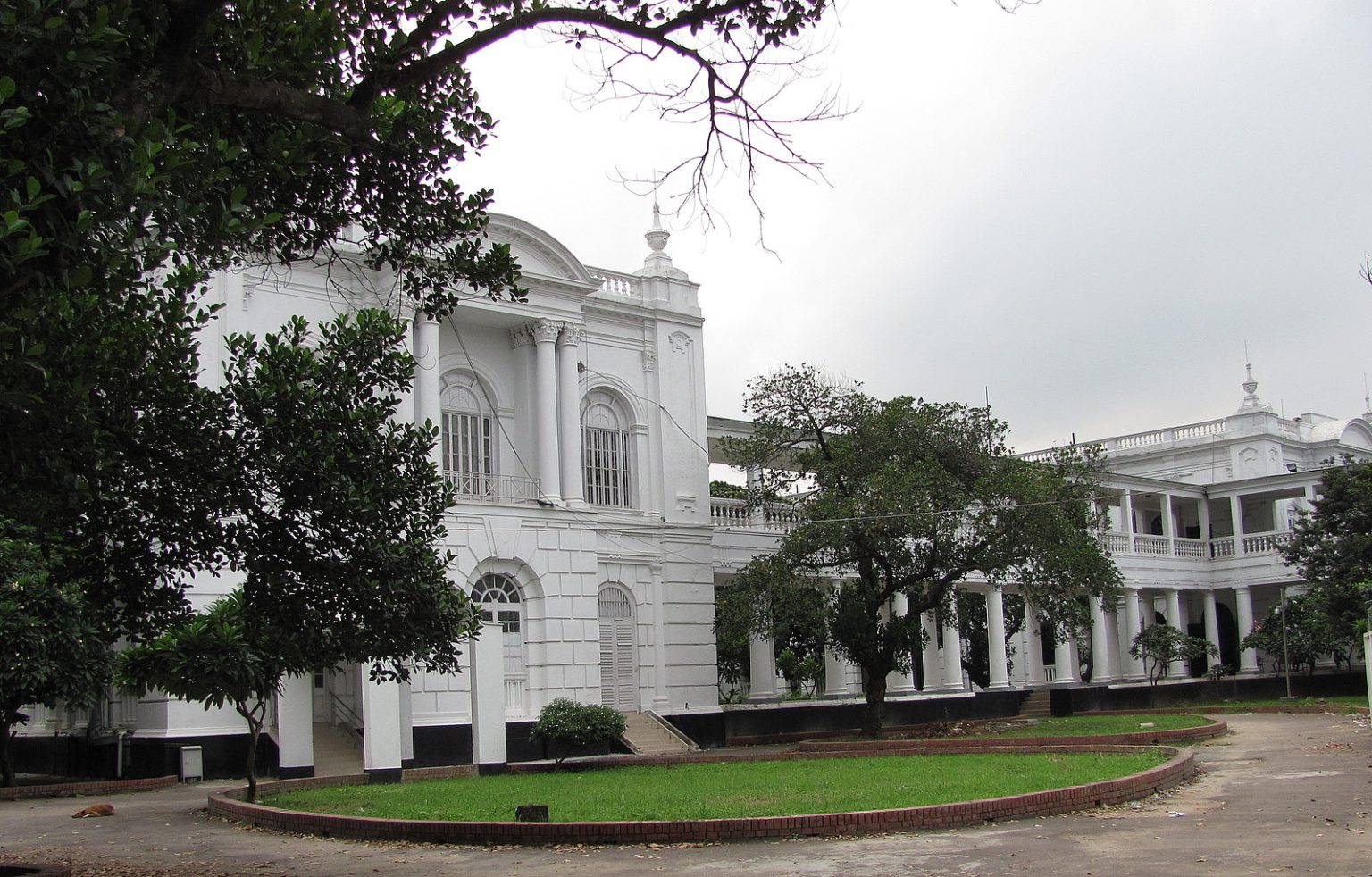Chief Prosecutor Md Tajul Islam on Sunday submitted the first formal charges related to the July Uprising crimes to the reconstituted International Crimes Tribunal.
Chief Prosecutor Md Tajul Islam on Sunday officially filed the charges.
This submission represents the first formal case to reach the tribunal since it was reorganised following intense public and international pressure to investigate alleged atrocities committed during last year’s political unrest, which ultimately led to the ousting of former prime minister Sheikh Hasina and her Awami League government.
The case involves serious allegations of crimes against humanity — including extrajudicial killings, arbitrary detentions, torture, and enforced disappearances — committed in the Chankharpul area of Dhaka during the July Uprising.
The uprising itself erupted amid mounting dissatisfaction with the interim government and its emergency measures, leading to days of mass protests and a forceful state crackdown.
Among the accused is former Dhaka Metropolitan Police (DMP) Commissioner Habibur Rahman, a senior figure during the period of unrest.
Others named in the charge sheet include former Joint Commissioner Sudip Kumar Chakraborty, former Additional Deputy Commissioner of Ramna Zone Shah Alam Md Akhtarul Islam, and former Assistant Commissioner Mohammad Imrul. Also charged are Shahbagh Police Station’s former Inspector Md Arshad Hossain, constable Md Sujon Hossain, and two civilians — Imaaz Hossain and Md Nasirul Islam.
Of the eight individuals named, four — Arshad Hossain, Sujon Hossain, Imaaz Hossain, and Nasirul Islam — are currently in custody and were presented before the tribunal on Sunday. The remaining four are absconding.
Prosecutor Gazi Monowar Hossain Tamim briefed the media, stating that the charges were prepared after a comprehensive evaluation of the investigation report and accompanying documents submitted by the tribunal’s investigation agency.
The report, submitted to the Office of the Chief Prosecutor on 21 April, laid the groundwork for the formal charges.
The tribunal is scheduled to hold a preliminary hearing to determine whether to take cognisance of the charges. If accepted, this would initiate the first official trial under the tribunal’s revised mandate.
The July Uprising triggered widespread condemnation due to reports of state-sanctioned violence. Human rights groups and international observers raised alarms over alleged abuse of power, prompting demands for independent investigations and justice.
In response, the government reconstituted the International Crimes Tribunal — originally established to prosecute war crimes from 1971 — to also address crimes committed during the July Uprising.
While the expansion of its mandate has been controversial, it is seen as an effort to apply existing legal structures to contemporary human rights violations. The tribunal’s handling of this first major case is expected to set the tone for how Bangladesh confronts recent abuses and navigates the delicate balance between justice, politics, and stability.


